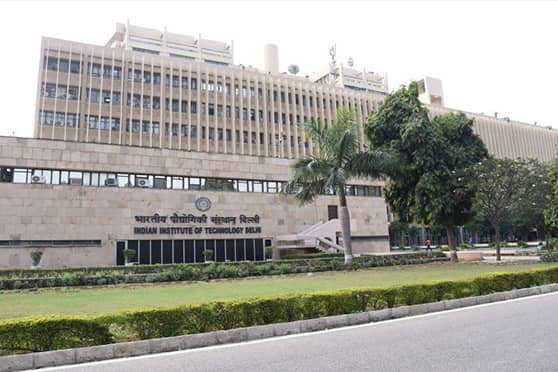IIT Delhi: New schools, departments and programmes with multidisciplinary focus


The Indian Institute of Technology (IIT) Delhi is among the first institutes to have taken a proactive stance towards assessing the guidelines proposed in the National Education Policy (NEP) 2020 and exploring appropriate measures for their implementation.
The institute has taken several initiatives to set up new schools, departments and centres with multi-disciplinary teaching and research programmes in keeping with the broad objectives of NEP 2020.
“As an Institute of Eminence, IIT Delhi is fully cognizant of its role in the timely and proper execution of educational policies. The institute is carefully examining the structure and nature of its existing programmes that could help build a strong foundation for introducing the NEP 2020 directives. Over the past many months, a committee for the implementation of NEP 2020 has carefully considered all higher education-related guidelines. Currently, feedback on the committee’s report is being sought from all academic units for further deliberations,” said V. Ramgopal Rao, director, IIT Delhi.
A Department of Energy Science and Engineering has recently come up at IIT Delhi. The Transportation Research and Injury Prevention Programme (TRIPP), which has been running at the institute since 2002 as an interdisciplinary programme, has been converted into a full-fledged centre in 2021.
The all-new Optics and Photonics Centre will focus on doctoral and postgraduate programmes, including special programmes for industry professionals.
The institute has in recent years started a School of Public Policy, School of Artificial Intelligence, Department of Materials Science and Engineering and the Department of Design, which are all highly interdisciplinary in nature.
IIT Delhi’s School of Interdisciplinary Research (SIRe), which has been around since 2017, also promotes interdisciplinarity. Every PhD student admitted to this academic unit is supervised by two or more supervisers belonging to different academic disciplines.
The institute already has multiple inter-disciplinary undergraduate programmes and several more are in the pipeline. Two new interdisciplinary and multidisciplinary BTech programmes in Engineering and Computational Mechanics and Materials Engineering were started in the academic year 2020-21.
More interdisciplinary programmes are on the cards — BTech in Energy Engineering is 2021-22, Bachelor of Design in 2022-23 and BTech in Design in 2025-26.
IIT Delhi is also starting two multidisciplinary programmes at the PG level — MTech in Electric Mobility and Master of Public Policy from 2021-22. Discussions are underway for an MTech course in Artificial Intelligence and Data Science.
The institute already offers several options for multiple exits from programmes and movement between programmes. A committee has been constituted to examine the options and make recommendations for implementation.
Rao underscored the relevance of holistic, all-round education for students. IIT Delhi has always encouraged its students to actively participate in different cultural and social events organised by multiple student-run clubs and societies. In future, too, IIT Delhi will keep promoting an integrated approach to learning and teaching, thus aligning with one of the primary visions of the NEP 2020.